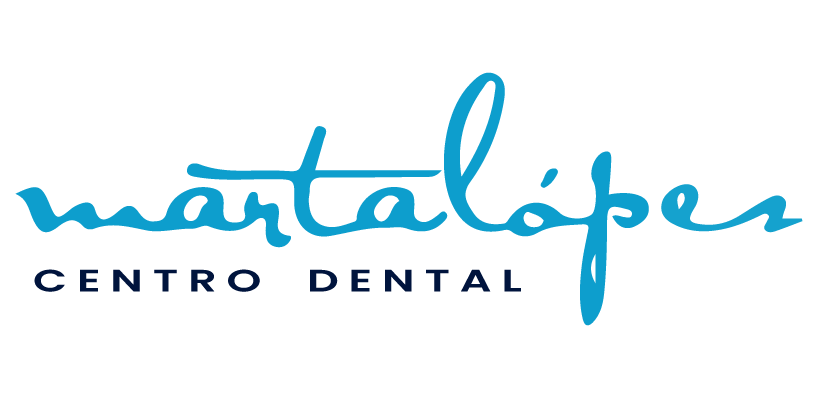How to Leverage Decentralized Finance for Creating Diversified and Balanced Investment Portfolios
Decentralized finance, often referred to as DeFi, has been gaining momentum in the world of finance over the past few years. DeFi refers to the use of blockchain technology and cryptocurrencies to recreate traditional financial systems in a decentralized and more accessible manner. One of the key features of DeFi is the ability to create diversified and balanced investment portfolios that can provide investors with exposure to a wide range of assets and opportunities. In this article, we will explore how investors can leverage decentralized finance to create diversified and balanced investment portfolios.
Understanding Decentralized Finance
Decentralized finance is a rapidly growing sector within the blockchain industry that aims to disrupt traditional financial systems by leveraging blockchain technology and smart contracts. Unlike traditional finance, DeFi platforms operate without intermediaries, allowing users to directly interact with the protocols and access a wide range of financial services.
One of the key advantages of DeFi is the ability to create and manage diverse investment portfolios that can include a variety of assets such as cryptocurrencies, stablecoins, digital tokens, and more. By leveraging decentralized finance, investors can gain exposure to different markets and industries, reducing the overall risk of their portfolios.
Building a Diversified Investment Portfolio
Creating a diversified investment portfolio is crucial for managing risk and maximizing returns. Traditional portfolios often include a mix of stocks, bonds, and other assets to mitigate risk and optimize returns. In the world of decentralized finance, investors can build diversified portfolios by investing in a variety of digital assets across different platforms and protocols.
One popular strategy for building a diversified investment portfolio in DeFi is to invest in decentralized lending platforms, decentralized exchanges, yield farming protocols, and other DeFi applications. These platforms offer various financial products and services that can help investors diversify their portfolios and generate passive income.
Leveraging Decentralized Exchanges
Decentralized exchanges (DEXs) are a key component of the DeFi ecosystem that allow users to trade cryptocurrencies and digital assets without the need for a centralized intermediary. DEXs enable investors to exchange assets in a secure and trustless manner, providing greater transparency and control over their investments.
By utilizing decentralized exchanges, investors can easily swap between different cryptocurrencies and tokens to rebalance their portfolios and take advantage of market opportunities. DEXs also offer liquidity mining programs and other incentives that can help investors earn additional rewards for providing liquidity to the platforms.
Exploring Yield Farming Opportunities
Yield farming has emerged as a popular trend in the DeFi space, offering investors the opportunity to earn passive income by providing liquidity to decentralized protocols. By staking their assets in yield farming pools, investors can earn rewards in the form of additional tokens, interest payments, or trading fees.
Yield farming allows investors to diversify their portfolios and generate additional income while participating in the decentralized finance ecosystem. However, it is important to research and understand the risks associated with yield farming, as some protocols may be vulnerable to smart contract bugs or security vulnerabilities.
Managing Risk in DeFi Portfolios
While decentralized finance offers many opportunities for creating diversified and balanced investment portfolios, it is essential for investors to manage risk effectively. Market volatility, smart contract vulnerabilities, and regulatory uncertainty are all factors that can impact the performance of DeFi portfolios.
To mitigate risk, investors should conduct thorough due diligence on the projects and protocols they are investing in, diversify Stock Wave AI their holdings across different assets and platforms, and stay informed about the latest developments in the DeFi space. Additionally, investors should consider using risk management tools such as stop-loss orders and insurance solutions to protect their investments.
Conclusion
Decentralized finance has opened up new avenues for investors to create diversified and balanced investment portfolios that can provide exposure to a wide range of assets and opportunities. By leveraging decentralized exchanges, yield farming protocols, and other DeFi applications, investors can build diversified portfolios that can generate passive income and optimize returns.
However, it is essential for investors to conduct thorough due diligence, manage risk effectively, and stay informed about the latest developments in the DeFi space to maximize the potential of their investments. With the right strategies and tools in place, investors can leverage decentralized finance to create diversified and balanced investment portfolios that can withstand market volatility and generate long-term returns.

